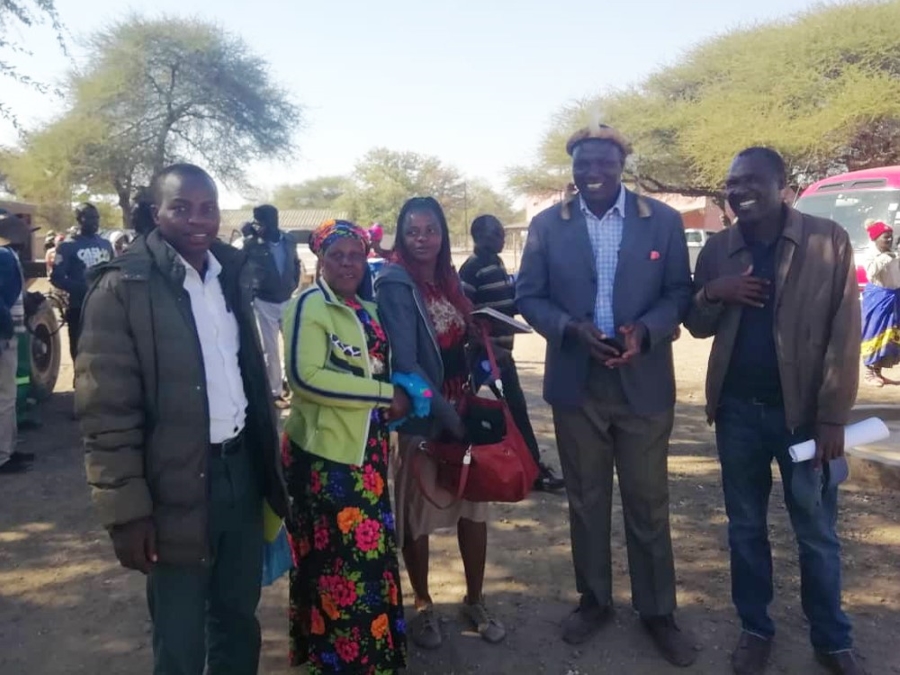Amplifying community voices in conservation

Community CAMPFIRE Association of Zimbabwe - Wildlife Conservation Action training. Credit - Wildlife Conservation Action training
Empowering local communities in Zimbabwe's conservation efforts
Zimbabwe's CAMPFIRE communities strive to amplify their voices and represent themselves in policy issues that affect their livelihoods. In May 2024, Community CAMPFIRE Association of Zimbabwe (CCAZ) board members, who are community leaders from eight rural districts of Zimbabwe, requested for and received support in reviewing the ZimParks Amendment Bill. The review enabled them to understand implications of the Bill, share it with their respective communities, support their communities during parliamentary portfolio consultative forums and consequently contributed to the policy discussion.
CCAZ and Wildlife Conservation Action, are implementing a project aiming at strengthening the capacity of community leaders in governance, financial management, and advocacy. The training programme therefore included a session on policy review with specific reference to the ZimParks Amendment Bill. During the policy review session, different sections that relate to local communities were discussed. The consultant simplified the language enabling community leaders to actively engage in discussing how the Bill would impact their communities. The leaders saw how the Bill was instrumental in devolving power to natural resources producer communities. However, there were a few areas of concern, mainly with regards to local institutional arrangements to which the Appropriate Authority status was being proposed.
"Lessons learned from the project include the need for project leaders to be alert and flexible in addressing project-related issues, communities having decision-making power, and women playing a leading role in coordinating and disseminating information, highlighting the importance of gender equality and social inclusion."
After the May workshop, CCAZ board members shared the ZimParks review with their respective local communities. And further shared information at workshops in Mbire District where Environmental Sub-Committees in their areas were being trained under this project – a process that is ongoing.
CCAZ members, especially women, participated in mobilising community members to attend Parliamentary Portfolio Committee consultation meetings that were held nationwide in July. CCAZ members wanted to ensure that local community voices are heard in the policy-making process. Key issues raised by local communities during the consultation meetings included clarity on wildlife ownership and, Appropriate Authority (AA) for wildlife producer communities. Local communities actively participated in the consultations – with some such as Chiredzi District requesting additional time to compile their report. The request was filed through CCAZ which in turn reached out to the Parliamentary Portfolio Committee – and the request was granted.
CCAZ's efforts demonstrated the importance of flexibility and proactive engagement in addressing community needs. Lessons learned from the project include the need for project leaders to be alert and flexible in addressing project-related issues, communities having decision-making power, and women playing a leading role in coordinating and disseminating information, highlighting the importance of gender equality and social inclusion.
The project's success is evident in the training of community representatives from eight districts on the ZimParks Amendment Bill, simplification of legal language, empowering communities to comment and respond to the Bill, production of a position paper shared with the Portfolio Committee, and commitment of community representatives to amplify community voices and ensure representation at different levels.
Furthermore, the project has strengthened relationships between local authorities and community members, building trust and ensuring that community concerns are taken into account in policy decisions.
In conclusion, this project has set a precedent to support inclusive conservation policy in Zimbabwe. By amplifying community voices, it has ensured that their concerns are beginning to be heard in the policy-making process. As the ZimParks Amendment Bill continues to evolve, the contributions of these communities will have a lasting impact on the country's conservation landscape.
Written by Bella Nyamukure and Lisa Chitura. For more information on this Darwin Initiative C&C project DARCC051, led by Wildlife Conservation Action, please click here.

 Back
Back